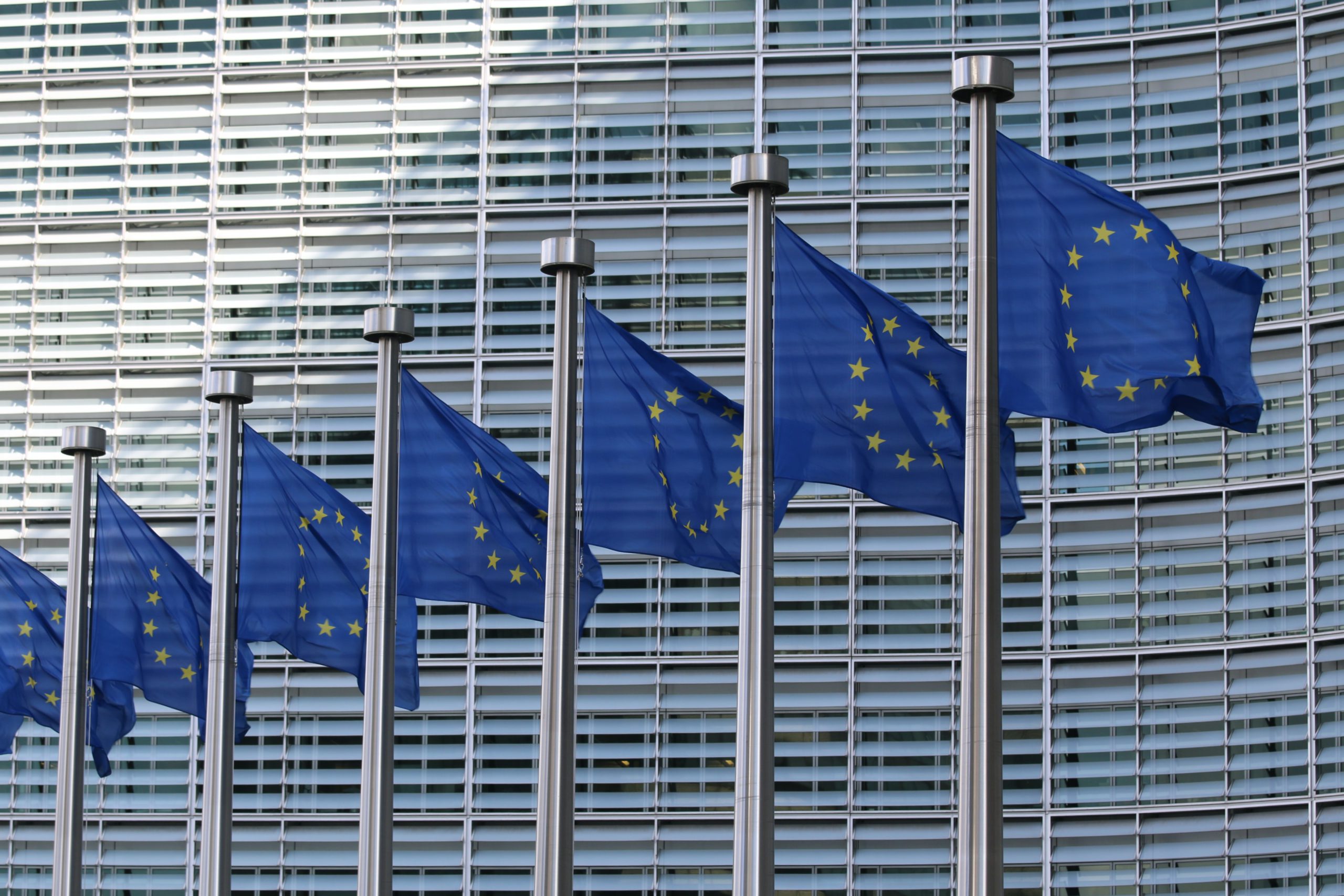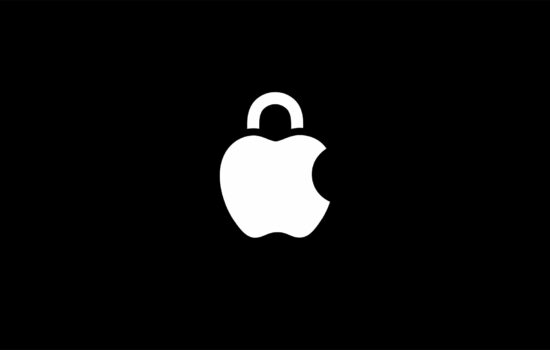The iPhone, iPad, and AirPods are all now closer to adopt to USB-C as the European Union is inching to force Apple to do so. Politicians in the EU have voted on a proposal to force all manufacturers ”“ including Apple ”“ to adopt USB-C as the common charger.
EU Promotes USB-C
On Wednesday in the Internal Market and Consumer Protection Committee of the European Parliament, MEPs (Members of the European Parliament) voted 43 to 2 in favor of adopting the proposal.
According to the EU press release, all mobile phones, tablets, digital cameras, headphones and headsets, handheld videogame consoles, and portable speakers, rechargeable via a wired cable, would have to be equipped with a USB Type-C port, regardless of the manufacturer.
MP Alex Agius Saliba of the S&D political group stated that the proposal will help improve the environment as 11,000 to 13,000 tonnes of e-waste is produced each year:
“With half a billion chargers for portable devices shipped in Europe each year, generating 11,000 to 13,000 tonnes of e-waste, a single charger for mobile phones and other small and medium electronic devices would benefit everyone. It will help the environment, further help the re-use of old electronics, save money, and reduce unnecessary costs and inconvenience for both businesses and consumers. We are proposing a truly comprehensive policy intervention, building on the Commission’s proposal by calling for the interoperability of wireless charging technologies by 2026 and improving information given to consumers with dedicated labels. We are also expanding the proposal’s scope by adding more products, such as laptops, that will need to comply with the new rules.”
MEPs state that they call the European Commission to propose a solution to minimum interoperability of any new charging solutions such as wireless charging by end of 2026. The reasons for the proposal are the following:
- Avoid a new fragmentation in the market
- Continue to reduce environmental waste
- Ensure consumer convenience
- Avoid so-called “lock-in” effects

In 2020, the Cupertino-based giant said that this draft stifles innovation rather than encouraging it, as well as harming consumers:
“We believe regulation that forces conformity across the type of connector built into all smartphone stifles innovation rather than encouraging it, and would harm consumers in Europe and the economy as a whole. We hope the Commission will continue to seek a solution that does not restrict the industry’s ability to innovate and bring exciting new technology to customers.”
What’s Next?
Once the draft is approved by the European Parliament, it will go to a plenary vote during the May 2022 session. Following that step, the Internal Market and Consumer Protection Committee will start negotiations with the EU government “on the final shape of the legislation.”
Apple has long been rumored to remove the lightning port on the iPhone and make it a port-less device. The first step that the company did was (re)introducing MagSafe with the iPhone 12 lineup.
If the draft transforms into a bill and passes in the European Parliament, Apple will have to be forced to adopt a USB-C port on all iPhones, iPads, and AirPods products, something that it has always opposed.







